견적문의
페이지 정보
작성자 Gidget 댓글댓글 0건 조회조회 185회 작성일작성일 25-06-14 15:50본문
| 회사명 | MJ |
|---|---|
| 담당자명 | Gidget |
| 전화번호 | OH |
| 휴대전화 | JR |
| 이메일 | gidget_slack@yahoo.com |
| 프로젝트유형 | |
|---|---|
| 제작유형 | |
| 제작예산 | |
| 현재사이트 | |
| 참고사이트1 | |
| 참고사이트2 |
"The greatness of a nation and its ethical development can be evaluated by the way its animals are treated." - Mahatma Gandhi

Do you like animals and dream of working in a zoo? Zoo keepers are type in safeguarding wildlife and caring for animals. At locations like the Zoological Society of London (ZSL), over 20,000 animals get the care they need from specialists.
To become a zoo keeper, you need effort, education, and a love for animals. This job is amazing, letting you deal with numerous types and assist with crucial conservation work. If you're into wildlife or animal welfare, zookeeping might be perfect for you.
Starting your zoo keeper career implies learning what's needed. This guide will cover education, experience, and more. It's all you require to understand to begin a satisfying zookeeping profession.
Understanding the Role of a Zookeeper
Exploring what a zookeeper does exposes a role loaded with difficulties and rewards. They focus on animal welfare and preservation. Zookeepers strive to keep animals healthy and happy in their care.
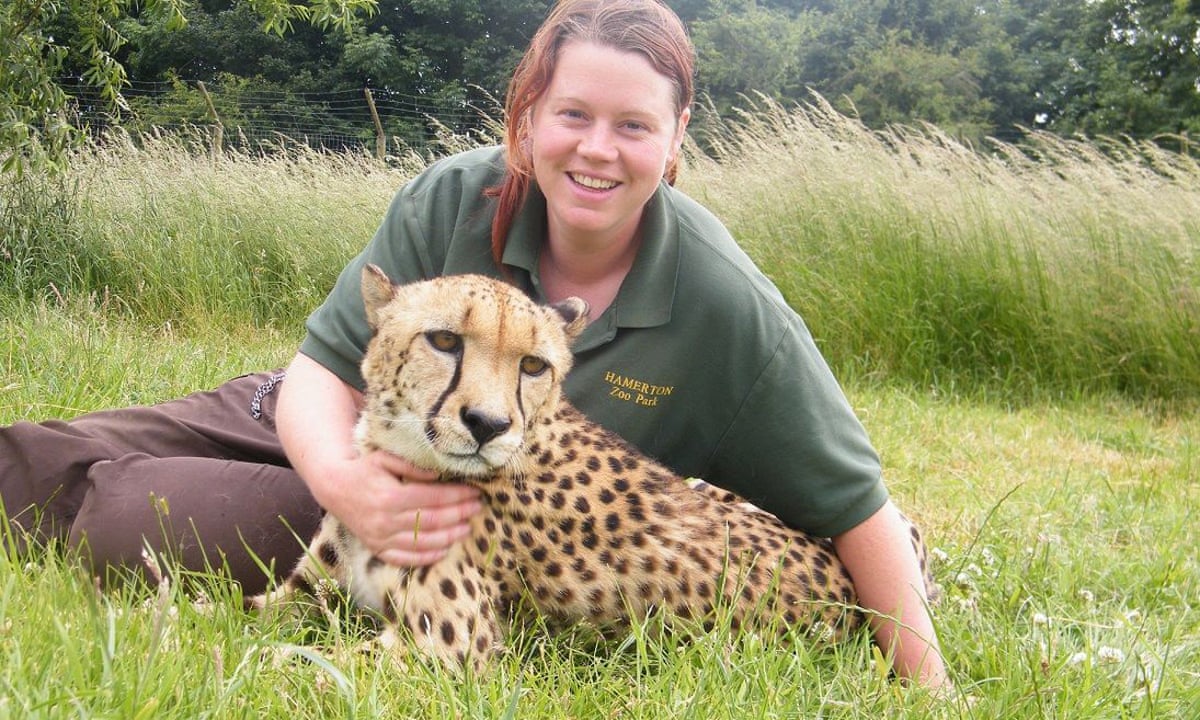
Daily Responsibilities and Tasks
A zookeeper's day is filled with essential tasks:
- Preparing meals that satisfy each animal's nutritional needs
- Cleaning enclosures to keep them clean and safe
- Supervising animal health and behaviour
- Providing medications and treatments as required
- Developing activities to keep animals psychologically sharp
Working Environment and Conditions
Zookeepers work outside in all sort of weather. They handle both indoor and outside areas. The task requires being healthy and able to handle the demands of caring for animals.
"Being a zookeeper is more than a job - it's an enthusiastic dedication to animal care and preservation."
Types of Animals and Specialisations
Zookeepers can specialise in lots of animal groups:
- Primates
- Big cats
- Marine mammals
- Reptiles
- Birds
Your function might include working with 2-5 various animal species. This needs a lot of knowledge and the capability to adapt.
Necessary Skills and Personal Qualities for Zoo Keeping
To be a top zookeeper, you need more than simply a love for animals. Your job will be tough and need you to manage animals and people well. You'll likewise require to comprehend animal behaviour.
What zoos try to find in individuals includes:
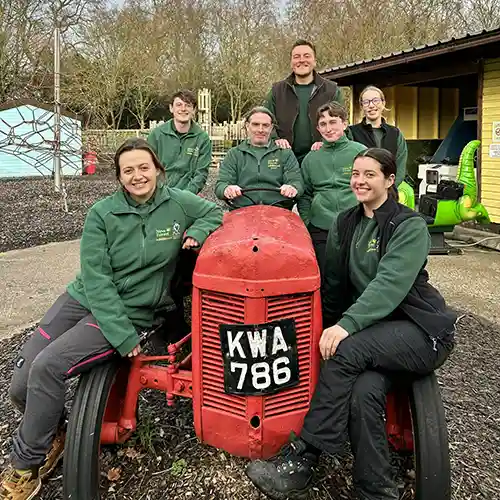
- Exceptional persistence and emotional durability
- Strong physical fitness and stamina
- Eager observation skills
- Capability to stay calm under pressure
- High level of compassion towards animals
Getting hands-on experience is key to mastering this role. You'll require to reveal:
- Advanced understanding of animal care techniques
- Proficiency in animal handling and security protocols
- Reliable communication with both animals and human visitors
"A great zookeeper links science, compassion, and conservation in every interaction with animals."
You need to learn about animal nutrition, behaviour, and fundamental vet care. Many zookeepers learn through training, volunteering, and ongoing learning.
Zookeeper work is not just a task. It's a huge dedication to teaching about wildlife and assisting preservation. Your enthusiasm and hard work will make you stand apart in this satisfying profession.
How to Become a Zoo Keeper
Starting a profession as a zookeeper needs careful planning and education. You should initially understand the educational requirements and training courses. These will turn your love for animals into a task.
Educational Requirements
To be a terrific zookeeper, you require a strong scholastic base. Most tasks look for specific certifications:
- At least 5 GCSEs at grade 4 or above, consisting of English, maths, and science
- A levels or college credentials
- A college degree in biology or animal science
- Level 3 Diploma in Animal Management
Needed Certifications
Getting special accreditations can actually assist you in your zookeeper profession. Crucial ones include:
- Diploma in Management of Zoo and Aquarium Animals (DMZAA)
- Zookeeping Level 3 Diploma (RQF)
- Animal handling certificates
- Emergency treatment certifications
Training Programs and Apprenticeships
Getting hands-on experience is key in zookeeper training. Numerous places use terrific opportunities:
- Unpaid apprenticeships at wildlife parks
- Internship programmes at well-known zoos
- Practical training at places like Colchester Zoo and Dartmoor Zoo
- Volunteering to gain real-world abilities
Pro tip: Create an in-depth portfolio to reveal your animal care skills. It will help you in task applications.
Building Relevant Experience in Animal Care
Acquiring hands-on experience is crucial for those wishing to be zookeepers. The job is very competitive. So, it's crucial to start constructing a strong base in animal care.
Your journey begins with finding ways to work directly with animals. This is a tactical step.
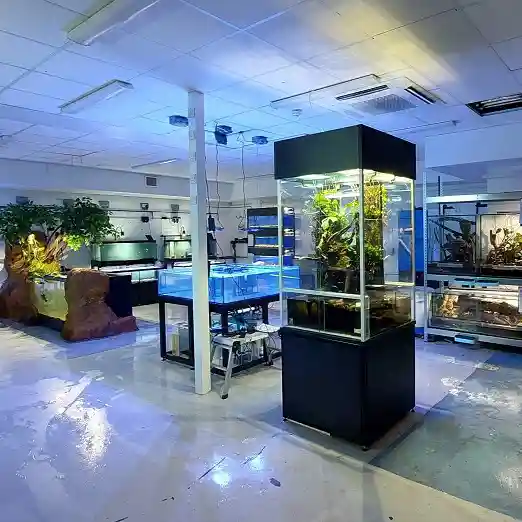
"Experience is the best teacher in animal care" - Wildlife Conservation Experts
Here are effective ways to gain experience working with animals:
- Volunteer at local animal shelters to develop fundamental animal managing skills
- Seek internships at wildlife rehab centres
- Check out part-time positions at veterinary centers
- Contact your local zoo for possible volunteer chances
Offering is an excellent way to learn about animal behaviour and care. Many zoos and animal shelters are trying to find people who wish to learn. These places provide great chances to get hands-on experience and reveal your commitment to animal welfare.
Here are some tips to make the most of your experience:
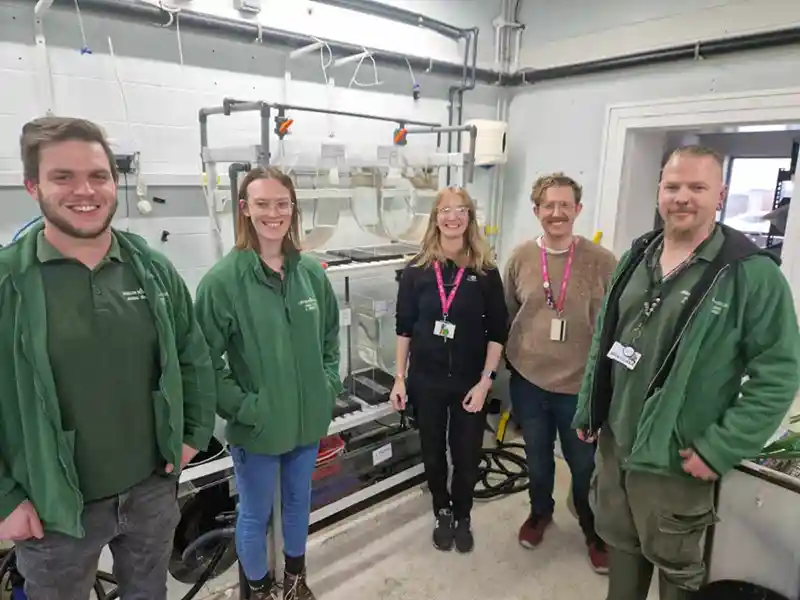
- Keep a record of your skills and interactions
- Connect with experts in animal care
- Request for referrals and letters of recommendation
- Stay persistent and show your true passion
Remember, practical experience makes you stand out in the zookeeping world. Whenever you deal with animals, you learn more. This increases your possibilities of getting a job in animal care.
Career Pathways and Professional Development
Beginning a career as a zookeeper is amazing. It provides lots of chances to grow and specialise. Your journey begins with comprehending the various paths in this field.
Entry-Level Positions
Entry-level tasks in zookeeping are a fantastic start. They provide you hands-on experience. Zoos look for prospects with:
- Level 2 Diploma in Animal Care (minimum qualification)
- GCSEs in English and a clinical subject
- Volunteer experience at animal shelters or farms
Career Progression Opportunities
As you acquire experience, your career can grow. You can move up to:
- Junior Keeper
- Senior Keeper
- Team Leader
- Expert Roles
"Continuous knowing and useful experience are key to advancing in your zookeeping career."
Specialised Roles
You can also pick unique areas like:
- Conservation breeding programs
- Animal training
- Wildlife research study
- Educational outreach
About 25% of zookeepers get advanced degrees in zoology or animal conservation. Getting Level 4 certifications can boost your chances for senior roles and research study.
Working Hours and Physical Demands
Becoming a zookeeper implies you'll work more than just regular hours. You'll face hard physical challenges and zookeeper require to be flexible, including weekends and holidays. Zoos are open every day, so you'll often work when others unwind.
"Zoo keeping is not a common 9-to-5 job-- it's a way of life of devoted animal care and dedication."
This job is physically demanding. You'll work outside in any weather condition, lifting heavy items over 50 pounds. Your tasks may consist of:
- Early morning feeding schedules
- Cleaning animal enclosures
- Preparing specialised diets
- Performing medical examination
- Preserving intricate habitats
Shifts can begin as early as 5 AM and go late into the night. You'll be on your feet the majority of the time, moving in between animal zones. Weekends and holidays belong to the task, needing great deals of endurance and commitment.
In spite of the obstacles, this job has excellent benefits. You'll grow strong, both physically and emotionally. You'll likewise make incredible connections with incredible animals.
Health And Wellness Considerations
Being a zookeeper includes its own set of difficulties. It's important to know how to keep both animals and staff safe. This indicates following rigorous health and safety rules.
Zookeepers face an unique environment where safety is essential. Research studies show that health and safety are now as crucial as the zoo's main work.
Risk Management Strategies
There are several methods to manage risks in zoos:
- Daily checks of animal enclosures for dangers
- Counting animals at the start and end of shifts
- Enjoying how visitors act near animals
- Being ready for emergencies
Animal Handling Safety Protocols
Understanding which animals are most unsafe is crucial. Big animals like rhinos can be extremely dangerous. There have actually been cases where zookeepers got seriously injured.
Safety isn't practically using equipment - it's about understanding animal behaviour and staying alert.
Individual Protective Equipment
Zookeepers need to wear the best equipment, including:
- Special gloves for handling animals
- Strong shoes for zookeeper grip and security
- Clothing that protects against germs
Getting immunized against illness like hepatitis B and rabies is likewise key. It helps keep zookeepers healthy in their tough job.
Income Expectations and Job Market
Thinking about a career in zoo keeping? It's crucial to understand about wages and the task market. The field is growing, zookeeper with more opportunities in the UK.
Let's look at what zoo keepers can make at different stages:
- Entry-level zookeepers begin at about ₤ 14,000 a year
- Qualified ones make in between ₤ 16,000 and ₤ 22,000
- Senior zookeepers can make approximately ₤ 30,000 or more
The task outlook for zoo keepers is excellent. The sector is anticipated to grow by 5% in the UK by 2029. This implies around 3,910 new tasks will be readily available.
"The Association of Zoos and Aquariums supports professional growth for zoo keepers," a report says.
Salaries differ based on a number of things:
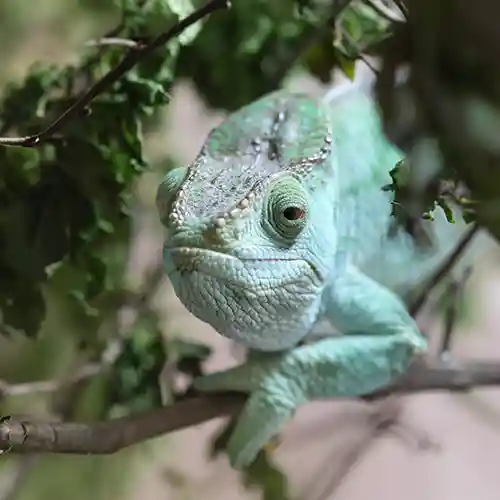
- level
- Specialisation
- Where you work
- The zoo's size and type
While the pay may not be high, the joy of working with animals is valuable. The average wage is around ₤ 17,000. However, total profits can be between ₤ 13,000 and ₤ 27,000 a year.
Conclusion
Starting a career in animal care is an amazing journey. It needs commitment, passion, and a love for learning. With over 350 zoos and wildlife places in the UK, zookeeper there are numerous job opportunities. You'll get to deal with amazing animals and assist protect wildlife.
To be a zoo keeper, you need more than simply love for animals. You need to have a mutual understanding of biology, be able to communicate well, and always want to find out more. You'll gain hands-on experience, discover animal welfare, and develop a deep respect for nature. About 3,000 people in the UK have found fulfilling professions in this field.
Your success in zoo keeping comes from mixing science with a love for animals. Whether you're interested in mammals, birds, or marine life, this task lets you assist with conservation. Every day will bring new challenges and finding out chances that will improve your skills and knowledge.
If you enjoy animals and want to assist secure wildlife, zoo keeping might be for you. Handle the obstacle, stay curious, and turn your passion for animals into a satisfying profession.

